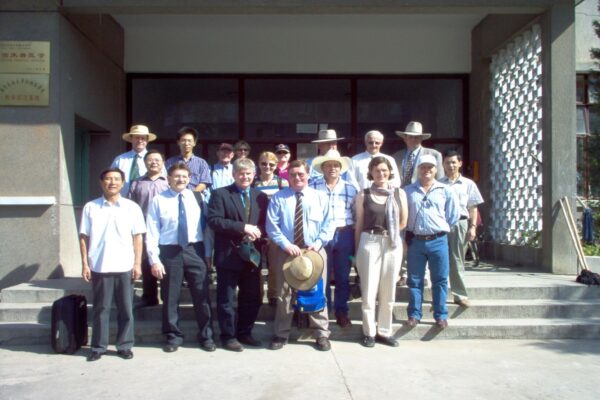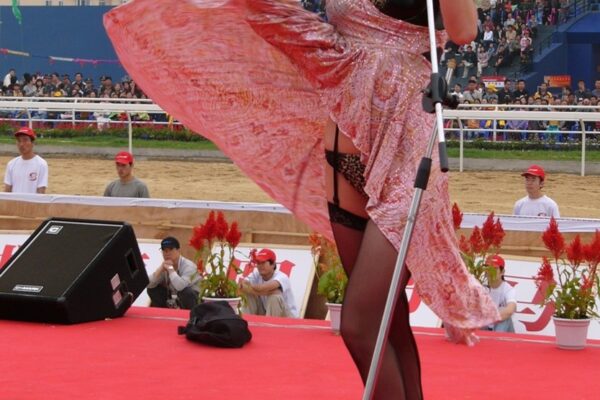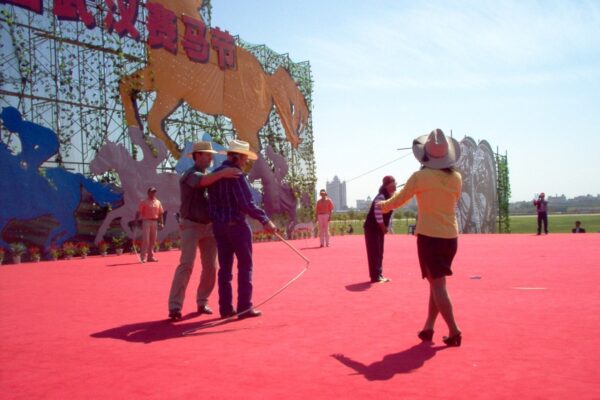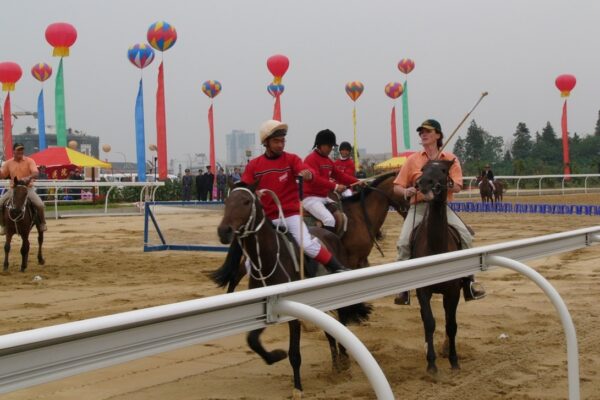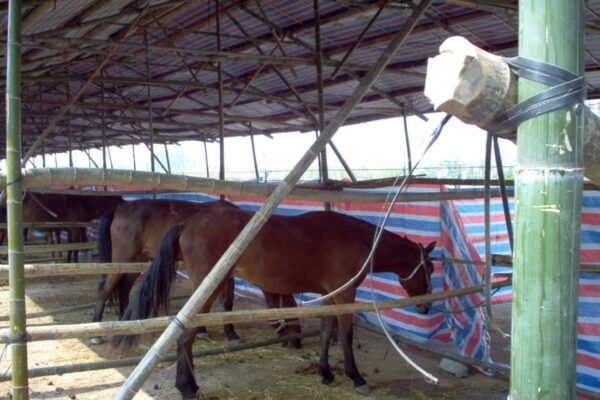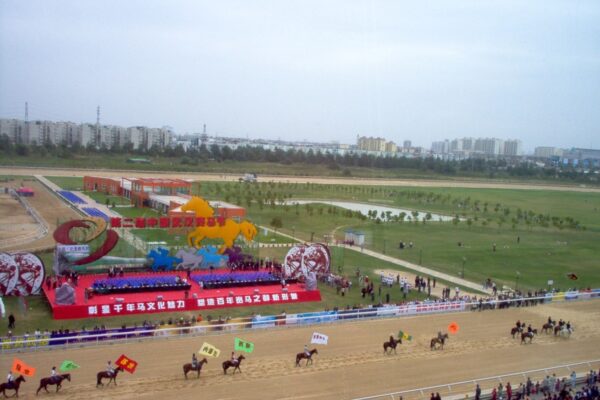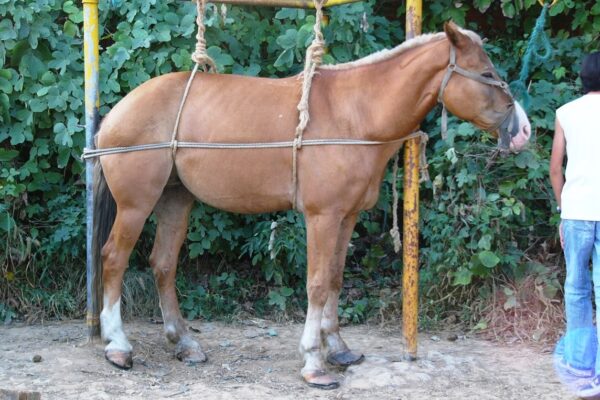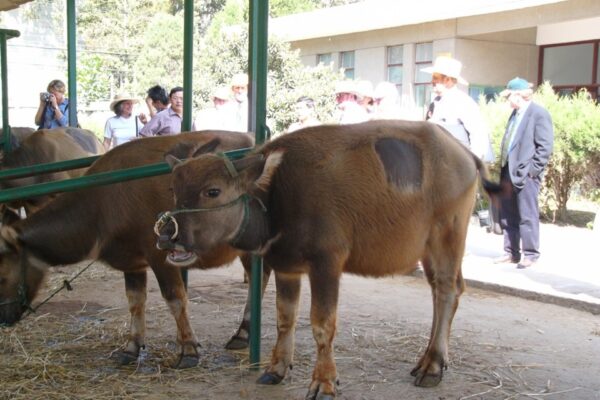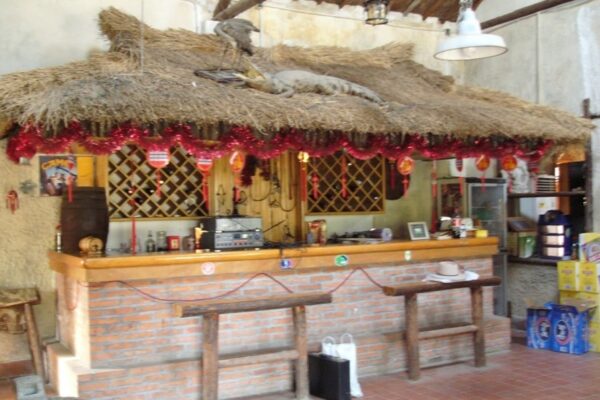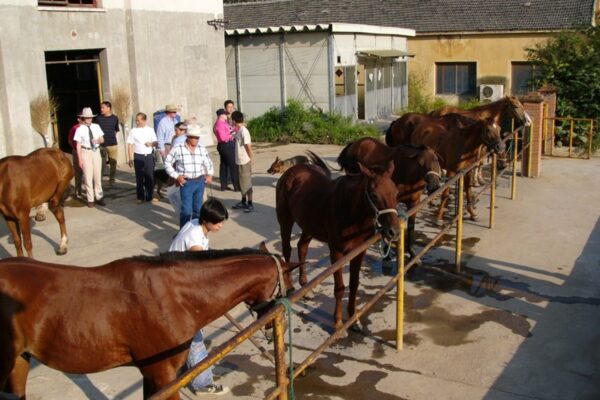On the Old Tracks in the Days Long Past; Other Sporting Characters and Incidents
Taken from the Scone Advocate 10/3/1939
Featured Image: James ‘Grafter’ Kingsley
The identity of the chronicler of those notes, which have appeared in “The Advocate” from time to time, and which deal with racing and incidents on the many old tracks in the Northern districts in the days when black beards were in vogue, has been elicited from more quarters than one, and from far-removed places, too, thus indicating that they have been widely read. The author is merely one of the members of our literary staff, who has a flair for early history, whether it pertains to our pristine politicians, our first settlers, or the early-day sporting fraternity of which the district has every reason to point with pardonable pride of their achievements.
Of the incidents recalled, after a space of forty years, they have been largely penned from memory, with the result that the odd and largely unimportant inaccuracies in respect to details have inevitably crept in, as it were. For happenings of earlier periods, stretching back from half to three-quarters of a century, old friends supplied the facts. So that’s that. Satisfied?
In previous articles there has been mention of that great old mare Lagoona, trained and ridden in most of her wins by the astute “Jimmy” Smith. She was actually owned by Harry Harper, doyen townsman now nearing the octogenarian “furlong” post on life’s journey, and the late Harry (“Bandy”) Houseman, who, in later years, came into possession of The Waif and other notable gallopers of the time, and whose sons figured prominently in the saddle in State and Queensland until increasing weight put them aside. The pair purchased the mare for £100, her sire, Mailtrain, was by Mailboy. If we have it right, she was bred by John Wiseman, father of Hanna Wiseman.
Her long sequence of wins opened at Rutherford, and we mistake it not, she annexed the first race to be held on the track in question. Mr Harper recalls with a chuckle how next hey took her to Wallsend, nominating her in the mile race on the first day and the ten furlongs events on the succeeding day. There had been heavy rain, with the result that the track, somewhat uneven at the best of times, had been reduced to a series of menacing puddle-holes. On the trip out, Jimmy Smith was accompanied by Joe Brown, one of the best known identities of the period. On the way to the track, a number of Chinamen, in Indian-file, also had the rendezvous with their destination.
The leader of the sons of the East happened to be cross-eyed. Joe Brown was quick to discern this peculiarity, and without any comment turned and retraced his steps to the town. Joe was superstitious. The mare was running prominently, when she came to grief in the dangerous going, hurtling her rider yards. Fortunately, neither was injured. “What did I tell you?” was Joe’s comment, uttered with emphasis, when the party returned to town. However, she was saddled the next day, took the lead early, and was never caught in the ten furlongs run to the judge. From that day she went on to score on innumerable occasions and in all company and under favourable and indifferent conditions.
Harry Harper ran the mail up the Hunter for many years in the days when floods were a real danger to the ordinary traveller, and tested the skill of the man handling the ribbons. Tradition had it that Her Majesty’s mail must be delivered at all cost, and with no bridges and deviations along the route, the mailman’s job was frequently a precarious one.
Our old friend still has more than a lingering admiration for Albert Widders, the great half-caste athlete-horseman of the Upper Hunter. On the athletic track, in a yard of scrub cattle, or on the back of an untamed horse, he was alike at home. He could throw a cricket ball with the best of his contemporaries, while in the cattle yard it was mere play to cross from one side to the other per medium of the backs of the wild-eyed steers. Widders was a great sportsman into the bargain, and had many admirers.
It was H. H. who interested himself in an oft-narrated foot race between John Pinkerton and John Mould, both of whom have since passed on. The Gundy pedestrian was in the hands of Sol Harris of Muswellbrook, who is also no more. Jack Mould, who had figured prominently in Carrington handicaps, effused point blank to settle down to serious training, and at least a number of his followers were perturbed. There was a side wager of £2, which was a mere bagatelle compared with the amount of other money on the match. On the day of the event, the parties assembled at the Belmore Hotel, the licensee of which was Mrs Gallagher. The Gundy representative was prevailed upon to rest on the couch. But not so Jack Mould, who amazed Sol Harris and his party by nonchalantly breasting the bar when drinks were called for and quaffed a mug of beer. However, the race, which attracted a large crowd, went to the Scone-ite, who caught his opponent at 60 yards, and thereafter had matters all his own way for the remaining 70 yards.
“To the races!” Where are all the old calico signs and conveyances today? The early sportsmen laid down a beautiful track at Satur; the generation which followed, had little or no time for it. And what motley crowds the train from Newcastle dropped when it pulled in at Scone! There were the genuine supporters of the game, supplemented by urgers, pea-and-thimble men etc. And the rush to the course and the rush back to town to get the second load – many of the latter had already set out on foot – before the first race. Frank French, George Kinnaird, Tom Moran, and others were strong rivals. And for such occasions vehicles of a much earlier period were placed on the road to cope with the heavy demand for transport to and from the track.
Some of the trips were a precarious nature, because of the condition of the contraptions, and their re-appearance no doubt deprived sundry poultry of roosts and shelter, temporarily, at least. And the expletives of at least one well known driver when his load, just as the town approached, left in a body like young birds from their nest when danger threatened! The “scalers” generally got their work in on the second day. Then who does not recall poor old “Todd” Falconer, itinerant printer’s compositor and race-book seller? The bespectacled and ubiquitous William was to be met on all courses following his calling. The youngsters were prone to bait the old fellow, especially after he had worshipped Bacchus. “Don’t be so damned supercilious” would be his first line of defence, but when properly warmed up he would fly into action in a manner resembling a bed of red ants when disturbed.
Then there was Mick Kelleher, a diminutive and doubled-up army pensioner, who would walk across country from Blairmore, followed by a pack of nondescript dogs, his jacket ablaze with replicas of medals in tin secured from the then favoured brands of tobacco, such as “Yankee doodle,” etc. These and other characters helped to make the days fun and to spin it out, and were, in a way, highlights of the fixtures.
One of the best performances ever registered on the Satur track was credited to Coruna, a dandy little galloper owned by Thomas Gardiner, of Aberdeen, and by the Belltrees sire, Ruenalf. When the post was reached, the writer happened to be standing alongside the old man Mitchell, veteran handicapper and gentleman in every sense of the word. Times were compared and the chronographs showed 1.12. Then the official time appeared – also 1.12. Many present chuckled to themselves. But next week Coruna ran similar time on the Newcastle track, and as at Scone, just played with the field. Incidentally this latter record stood for probably a decade until Scott Johnston came along with Kinetic, a chestnut gelding by Merv form Kotoroi, and lowered it in a field which included such brilliant speedsters as Renkerna and Malt Mary, the latter being acclaimed the best mare of her inches racing at the time.
Another prominent figure in later-day racing was James (“Grafter”) Kingsley, who passed on only a few years ago. He was carrying all before him until he earned the displeasure of the AJC over a certain incident, but having expiated his wrong, was reinstated after a lapse of twenty odd years. Even during the years of his disqualification he rarely missed an important country meeting. Sometimes he managed to see the first race run, but on the approach of one or other of the course detectives, he would pass out the gate just as furtively as he had entered. He usually brought his yellow Massey-Harris bicycle with him for transport to and from the tracks.
He arrived unheralded in a northern town in the years before the AJC placed its ban on him. A horse had been consigned to the town in question, arriving on the night prior to the races. The freight was to be paid at the “other end.” When Jim turned up to take delivery of the prad he struck an unsympathetic crowd of railway officials. Jim was penniless. “Well, there is no accommodation down town, so let him remain here for the night.” However, the horse mysteriously disappeared overnight, and irate officials were in a dilemma.
“Grafter” won the first race on the program, but had not invested a penny on him for the reason that his pockets were empty. When the winner, who went out at long odds came back to scale, there was short weight to the extent of one pound. Word to this effect soon found its way to the betting ring. A solidly backed favourite had run second. The wily Kingsley was not perturbed, and was in no hurry to rectify the matter. “You are on £15 if you can pull the weight,” came from a member of the betting fraternity. Other promises of from £5 to £10 poured in. Presently the bridle was removed and the “correct weight” flag was run up. Now with a tidy “bank” he backed the two succeeding winners, won with his own horse on the second day, and followed is run of luck by supporting three more winners for goodly sums. He left the course that afternoon £3000 better off. His next place of call was the railway station, where he squared his account and paid the return freight. Report had it that within the next few days two well-dressed young fellows in the subject town were displaying gold watches and chains. It soon became known also that the gold pieces came by registered mail from Sydney.
Mention has frequently been made of bargains in the sale ring, those outstanding of quite recent years being Strephon and Wish Wynne, both bred in the Scone district, but who did most of their racing in Victoria. Strephon, by Saltash, was a champion, but failed badly in England, where he could not settle down under the altered climatic conditions. Wish Wynne was bred at Wingen, and was one of the speediest mares to grace the Australian turf.
The late John Moylan, of Gundy, secured a brown horse in the Scone saleyards for £10. He was by Projectile from a Lochiel mare named Nina. It was later ascertained thet the purchase had been injured as a yearling, and therefore did not take his place in the offerings at the yearling sales.
Jack Cavanough, a shearer, got hold of him, and almost immediately started a winning sequence, taking in his stride races at Muswellbrook, Narrabri, Inverell, Maitland and Necastle. He namedthe horse Locktile, and refused an offer of £500 for him. He dropped dead in a race at Wallsend when ridden by Danny McCarthy, with 10.10 up.
Patrovader, a rich chestnut by the Turanville sire Invader, annexed many races in all company. He was owned and trained by Mac Luddington.
Then there was Rue Victoria, a son of Ruenalf, who failed to change hands when the annual draught of Belltrees thoroughbreds was being disposed of in Scone saleyards. Because of a pronounced stringhalt, there was not a bid, but Frank O’Donnell secured him privately for £6. He made his first appearance on the track at an Aberdeen grass-fed meeting, and could have won by a neat furlong. He was next taken to the Newcastle district and landed a “double” in hollow fashion, and here later a reversal of form was questioned when he subsequently won over ten furlongs in 2.5¼.
Dan Lewis next got hold of him, and he went from success to success, capping a remarkable series by taking the Queensland Cup. The writer saw him paddocked for his first appearance and also at the end of a brilliant career, also at Aberdeen, out in front of a large mob of remounts which had been collected for the Indian trade!
Two full brothers, Rualma and Mount Alma, were bought in succeeding years by the late James Dunn, of Muswellbrook, for whom they must have won a score of good races. Rualma was trained privately by Sid Gore, and word had leaked out of his sensational trials. Northern sportsmen to a man were waiting his reappearance following his first outing at Wallsend. Jim Dunn, however, had quietly shipped him over to Victoria. (It must be remembered that there were no blue, yellow, green and pink tip-slinging papers at the time, and the daily press gave little publicity to outside Victoria meetings; and no broadcasting). The gelding stripped at Ballarat, and just walked away with the race, incidentally, a Scone-ite, whose hair was not black, but whose thatch was darkened for the occasion, was on the spot, and collected handsomely. The nest heard of him (not the red-headed man) was when entries closed for Newcastle and Randwick the same day. Ruelma was nominated at both meetings. His whereabouts still a mystery. But he turned up at Royal Randwick, and in a big field, in which a Thompson-bred horse, Royal Parade, was all the rage, fairy toyed with his opponents. Two Scone punters, including one already referred to, emptied their pockets on the floor of their room, and divided the winnings, each re-pocketing a sum well over the four-figure mark.
